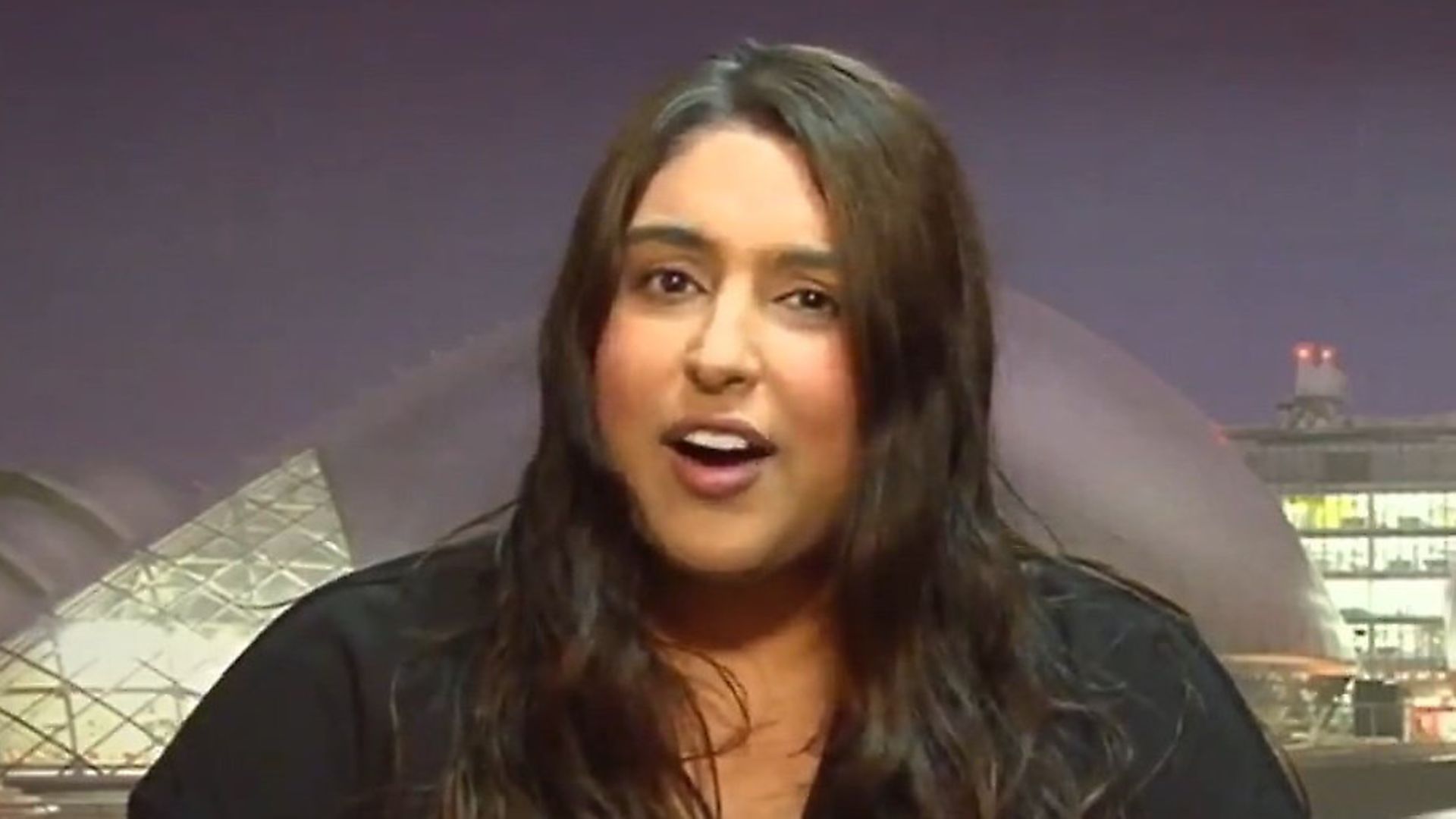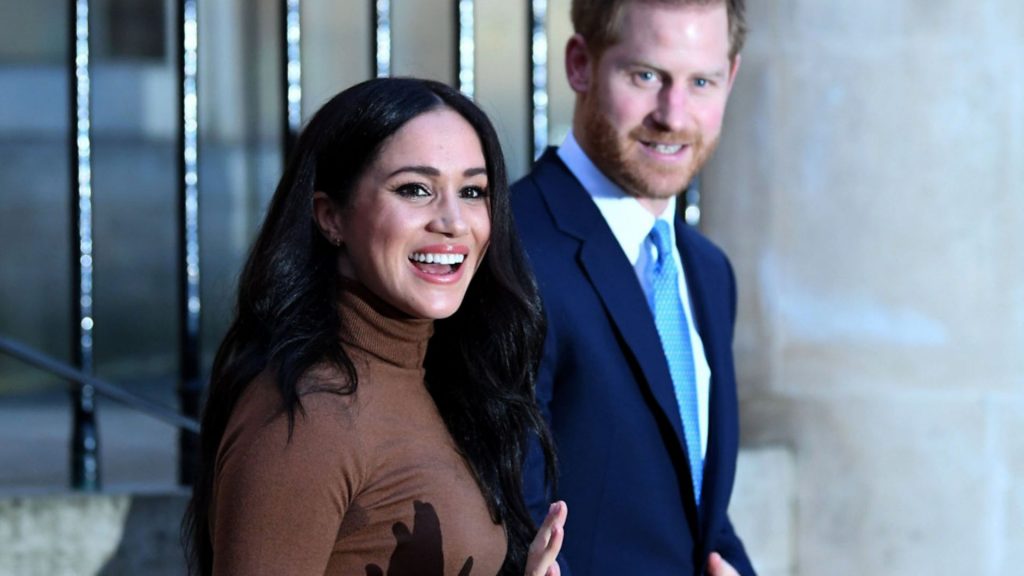
Birthday boy MITCH BENN comes up with a proposal to help take the heat out of our polarised times.
There’s always a bit of a balancing act to being a columnist; on the one hand you’ve been engaged by the publication you’re writing for to provide your own personal ‘take’ on things and it’s to be expected, indeed hoped, that your own personality (or whatever jumble of neuroses and obsessions you choose to call your personality) will ‘shine through’ your writing.
On the other hand it’s all too easy to regard this as an invitation to get properly solipsistic and abuse your columnist privileges by boring on about yourself the whole time. Especially upon ‘special occasions’. Such as, for example, your birthday, which in my case is this week. Specifically my 50th birthday. The half century. The Big Five-O.
I had thought, therefore, about making this column a personal retrospective about my own life as a political observer, paid and unpaid.
I thought about how you could have shattered the elation of my 19-year-old self, watching Berliners dance on the ruins of the wall, by telling him that in 30 years’ time the world would be mired in a new, and altogether more noxious Cold War, once the Russians figured out that the most powerful weapon in the world is not the bomb, but greed and human frailty.

I could have written about how you could have broken my 21-year-old self’s heart by interrupting his modern languages degree (including time spent living in Spain and France) by telling him he’d live to see Britain being torn out of the European family of nations, with scarcely a coherent thought given to the consequences.
I thought about how you could have blown the mind of the 27-year-old me, the one who stayed up all night to watch Portillo bite the dust at Enfield Southgate and Blair welcome the sunrise, by telling him that 20 years later the Labour Party would be right back where it was when he was 13; crawling up its own Trotskyite fundament under the dithering leadership of an septuagenarian radical while the swaggering Tories romp unopposed. That wouldn’t have been a bad column.
But I’ve been thinking this week about how only seeing things from our own perspective – and ignoring or dismissing the experience of others – is one of the things that’s got us into this mess.
Oh and no, I’m not about to lay into Laurence Fox. Far be it from me to question the wisdom of a man who says there’s no such thing as privilege when he himself has forged his own path in life by having had the gumption and foresight to be born into the third generation of a hugely successful theatrical dynasty.
https://twitter.com/MitchBenn/status/1217225828255387648
I’m rather more inspired by the example of the Scottish commentator Amna Saleem, who came to national prominence a week or so ago thanks to a clip (which ‘went viral’) of her on a current affairs TV show contending that the treatment of the Duchess of Sussex at the hands of the British media has in fact been racist in nature (which of course it has) whereupon a grey-haired white academic wearily whitesplains to Saleem (who comes from a Pakistani family) that no, it wasn’t racism at all.
Watching this clip (and marvelling at how firmly Saleem stands her ground) it did occur to me: why is it, when a TV show or similar debates whether something is racist, they always get a dark skinned person on to say “yes it is”, and a white skinned person to say “no it isn’t”?
Similarly, if the question is “is this homophobic?” there’s a gay person to say “yes”, and a straight person to say “no”. If it’s “was that anti-Semitic?” they’ll have a Jewish person to say “yes”, and a non-Jewish person to say “no”. “Misogynist?” Woman says “yes”, man says “no”. And so on.
Now while I understand it’s important – indeed vital – to get the perspective of someone at the sharp end of the issue in question, the fact that it’s always that way round – it’s always someone who doesn’t belong to the minority under consideration dismissing the concerns of that minority – is actually pretty corrosive.
If it’s only ever black/minority ethnic people being seen to complain about racism, only ever LGBTQ people seen to flag up homophobia, and so on, then this reinforces the idea that if you don’t belong to a given minority, then that minority’s concerns are not your problem and you can safely ignore them. That if you’re white, racism is not your problem. If you’re male, misogyny is not your problem. If you’re straight, homophobia is not your problem.
All of these things are everybody’s problem. They will only ever be addressed successfully if we address them together.
You don’t have to agree with everyone else’s point of view, but neither can you honestly dismiss someone else’s point of view if you can’t be bothered to find out what it is.
Oh and news producers? If your case is that you simply can’t find a middle-aged straight, white, male person willing to go on the record to say that homophobia is bad, misogyny is toxic and that Meghan absolutely was hounded out of the country by racism… I can be contacted via this newspaper and I don’t have a lot on just at the moment.










